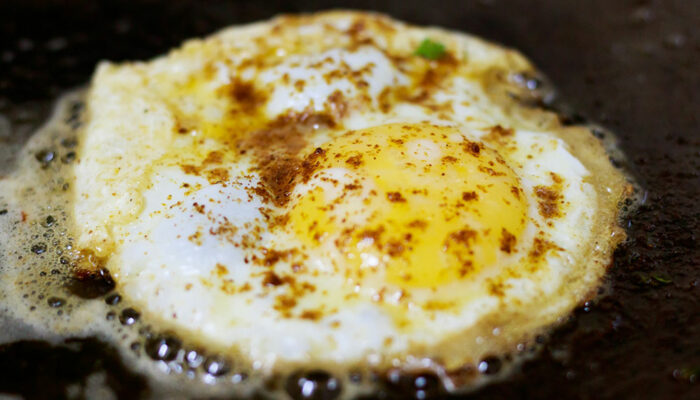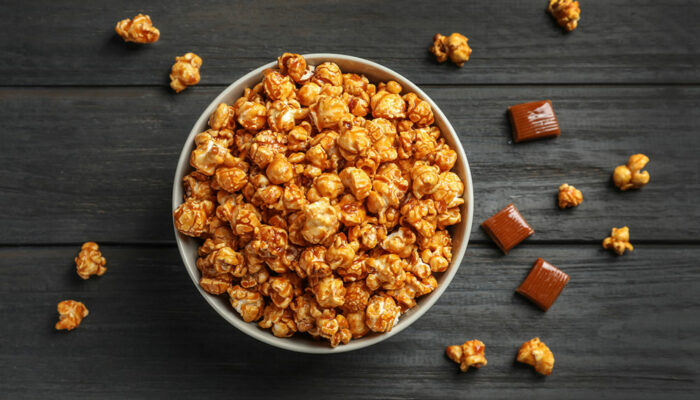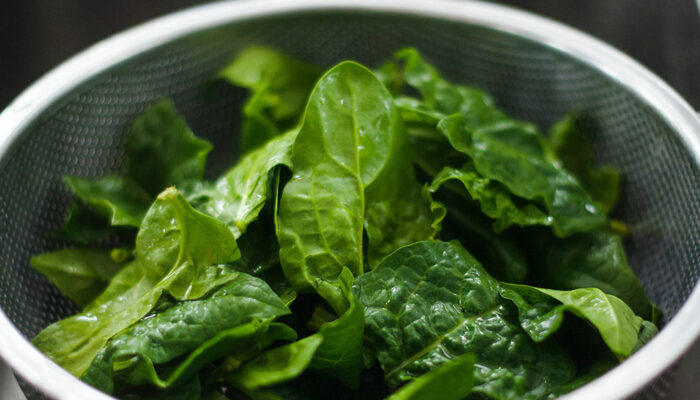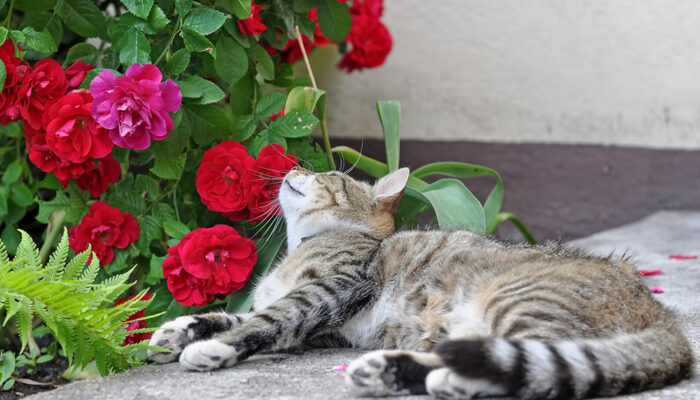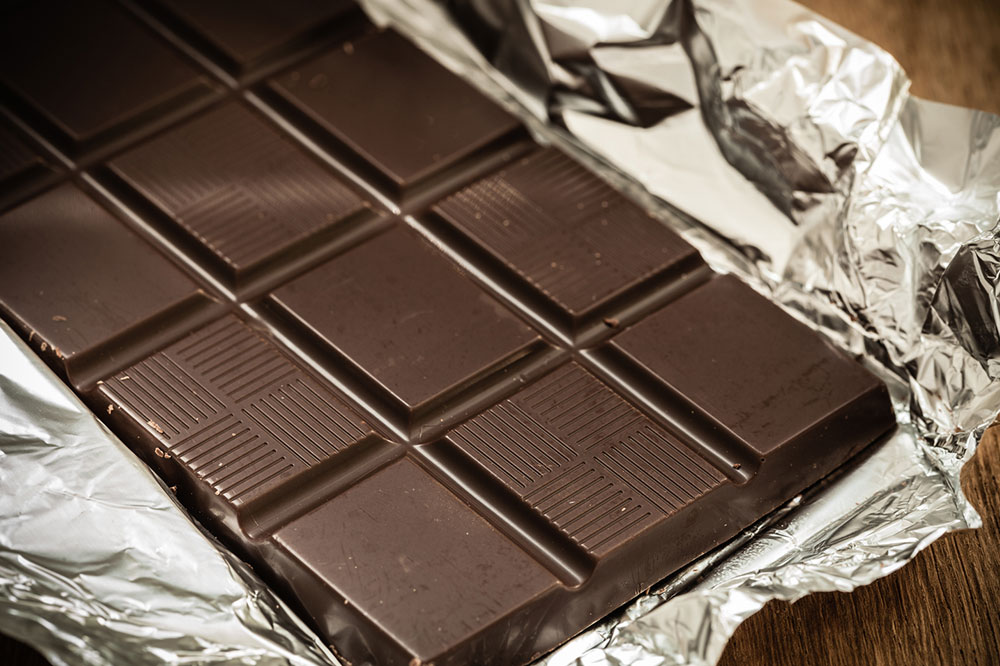
8 Foods to Keep Away from Cats
Cats are known to be picky eaters. The truth is that cats probably know what is best for their bodies, but they may not know what can cause them harm. A seemingly safe meal like tuna can prove toxic for cats. So, as a cat owner, you must know about the human foods that are not safe for them and keep the harmful foods away from your feline friend:
Foods that are not safe for cats
Garlic and onions
These, along with scallions and shallots, can affect your cat’s RBC levels and trigger anemia. They can be poisonous when consumed in large quantities, and even exposure to these spices in concentrated forms can be toxic for cats.
Raw eggs or meat
Cats should never be offered raw meat, bones, or eggs, as they can lead to E.coli poisoning or salmonella infections. The common symptoms of these conditions are diarrhea, vomiting, and lethargy. Humans can also contract E.coli, so you must ensure that your kitty stays far away from raw foods like these. The consumption of raw bone can also have ill-effects, and it is injurious to a cat’s teeth and digestive canal.
Chocolate
This is among the foods that are not safe for cats, and cats are usually not fond of chewing these. Chocolate contains a toxic agent called theobromine, and dark chocolate is the most harmful. The symptoms of poisoning due to chocolate include tremors, seizures, and abnormal heart rhythm.
Alcohol
Alcoholic foods or drinks are also dangerous for your kitty, and your feline can experience tremors, vomiting, diarrhea, breathing difficulty after ingesting them. They can even result in coma or lead to death.
Dairy foods
Your cat may love milk, but this may not always be good for their health. This is because cats experience trouble digesting lactose and may, as a result, suffer from diarrhea or an upset stomach.
Grapes/raisins
Even when consumed in very small quantities, they can make your kitty ill. They are known to cause kidney failure when ingested, and vomiting occurs within 12 hours of consuming them. It is followed by reduced appetite, lethargy, diarrhea, abdominal pain, and reduced urination.
Caffeine
Caffeinated foods and beverages are not safe for cats when consumed in excess, and there is no treatment for this poisoning. It causes rapid breathing, restlessness, palpitations, and muscle tremors.
Dog foods
A major mistake you could make is to serve dog food to your cat. While dog food may not be toxic, cats need nutrients that are different from what canines need. For instance, cats need taurine, proteins, vitamin A, and arachidonic acid, and none of these are present in dog foods in desirable amounts. Also, dogs can survive easily without much vitamin A or proteins, but cats need these nutrients. A lack of taurine can lead to vision problems, dental problems, and heart diseases in cats. A regular diet comprising of dog foods will leave your cat malnourished.
